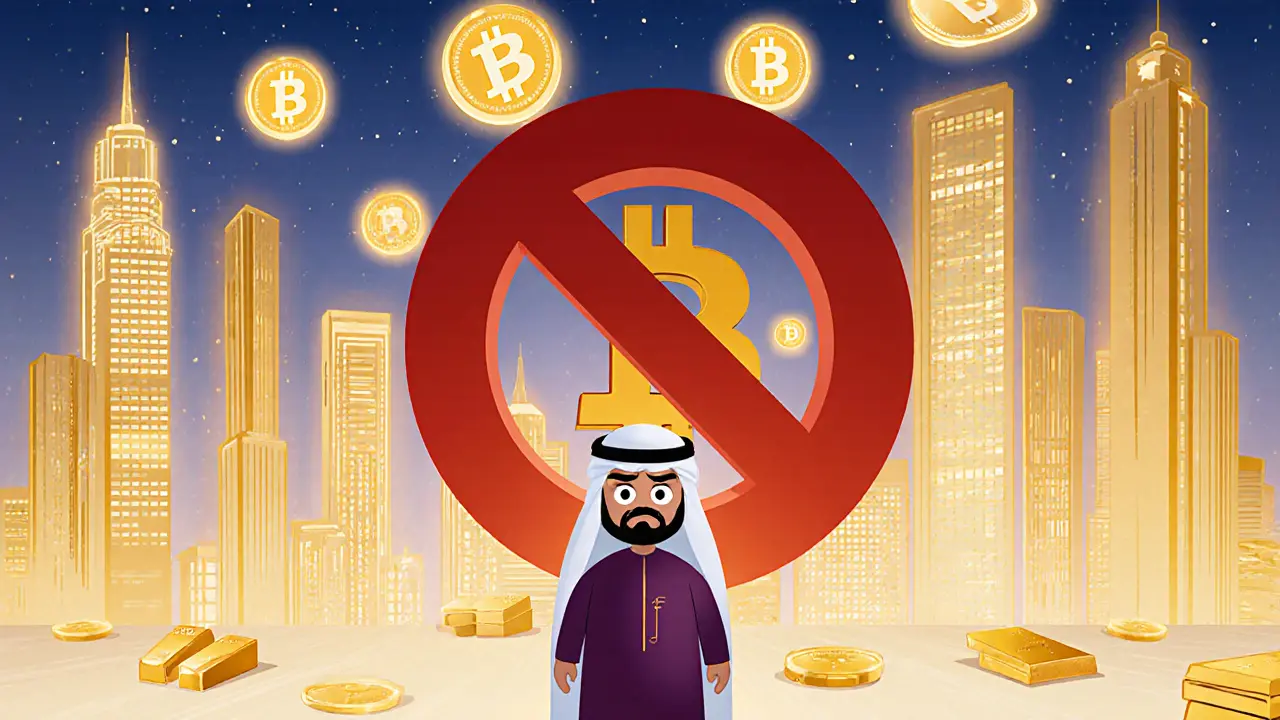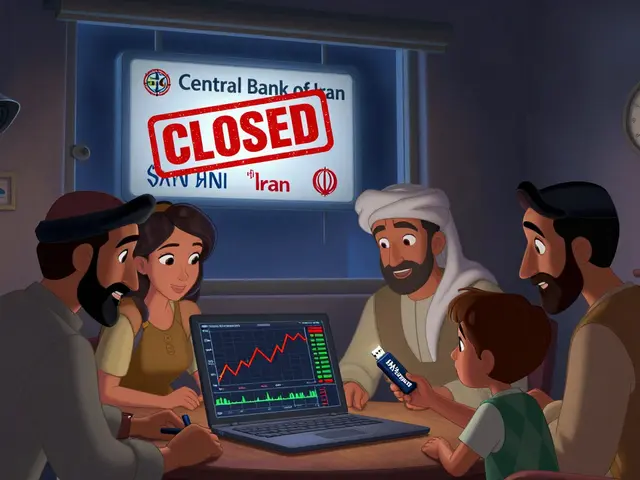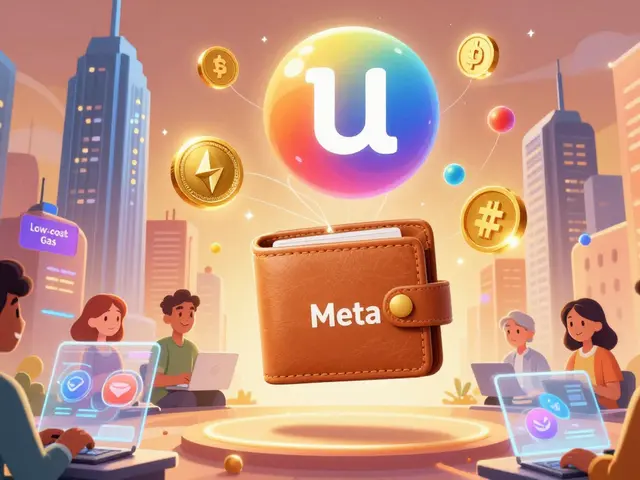Qatar bans Bitcoin and other cryptocurrencies but allows tokenized real estate and assets under strict regulations. Learn what’s legal, what’s not, and how to invest safely in 2025.
Cryptocurrency Restrictions in Qatar
When it comes to cryptocurrency restrictions in Qatar, a strict government stance that prohibits all digital asset transactions under Islamic finance laws. Also known as Qatar crypto ban, this policy makes buying, selling, or mining Bitcoin, Ethereum, or any other token illegal under central bank guidelines. Unlike countries that regulate crypto, Qatar doesn’t allow even private peer-to-peer trades. The Central Bank of Qatar issued a formal warning in 2020, calling crypto a threat to financial stability and a tool for money laundering.
These rules aren’t just theoretical. Banks in Qatar freeze accounts linked to crypto exchanges, and local payment processors like Ooredoo and Vodafone block transactions to platforms like Binance or Coinbase. Even using a VPN to access crypto wallets can trigger account reviews. But here’s the twist: many Qataris still hold crypto. They use offshore exchanges, store coins in hardware wallets, and trade through informal networks. Some even use stablecoins like USDT to send money abroad—bypassing traditional remittance fees that can hit 10% or more.
Why such a hard line? Qatar’s economy runs on oil, gas, and state-controlled finance. The government wants full control over capital flows. Crypto’s decentralized nature clashes with their model. Plus, Islamic finance prohibits speculative assets without clear underlying value—something most tokens don’t satisfy. But this hasn’t stopped interest. People still read about DeFi, follow blockchain news, and research how to protect their assets. The gap between official policy and real behavior is wide.
There’s no legal path to use crypto inside Qatar, but there are workarounds. Some expats use international banks to hold crypto and only access it when traveling. Others trade through friends in Dubai, where rules are looser. You won’t find crypto ATMs or local exchanges, but you’ll find people talking about it in private groups. The key is staying under the radar. If you’re in Qatar, don’t advertise your holdings. Don’t link your Qatari ID to any crypto account. And never use local banking apps to buy or send tokens.
What’s next? No signs of change yet. The government hasn’t signaled any shift, even as global adoption grows. The only legal digital asset is the e-dirham, Qatar’s central bank digital currency (CBDC), which is fully controlled and traceable. It’s the opposite of what crypto promises: transparency without freedom.
Below, you’ll find real cases of how people in the region navigate crypto bans, what happens when you get caught, and which projects actually have traction despite restrictions. No fluff. Just what works—and what gets you in trouble.





